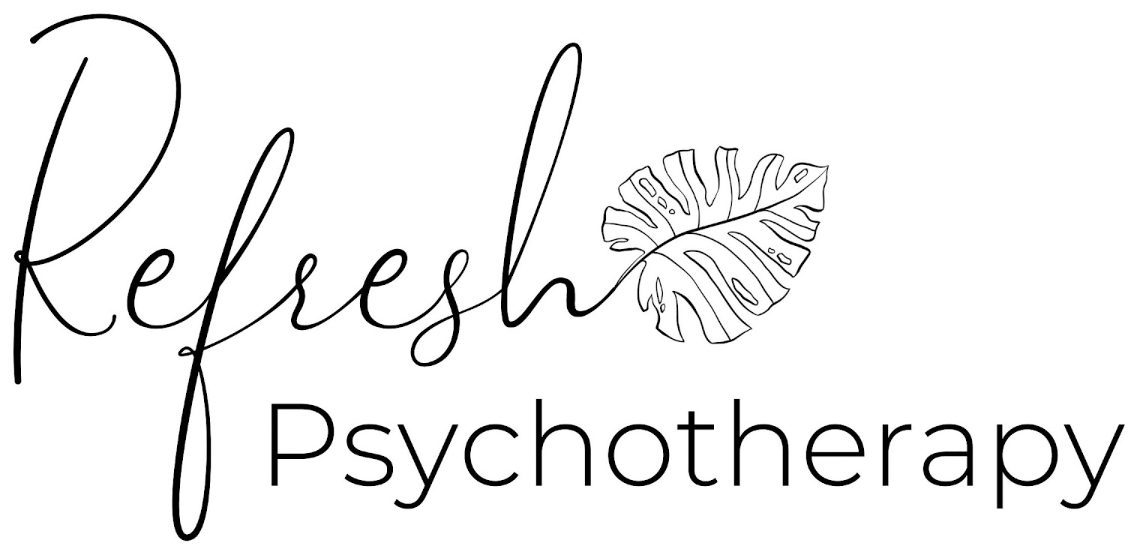
Hormones and Mental Health: Navigating the Waves
In our journey through life, our mental health is influenced by a myriad of factors, with hormones playing a pivotal role, especially in women’s health. From the joys of pregnancy to the challenges of menopause, hormonal fluctuations can significantly impact mental well-being. In this blog post, we delve into how hormonal conditions like postpartum depression, pregnancy, Premenstrual Dysphoric Disorder (PMDD), and menopause can affect mental health and explore how psychotherapy can offer support and guidance through these complex times.
The Ripple Effect of Hormonal Changes
Pregnancy: Pregnancy is a time of profound hormonal changes designed to support fetal development and prepare the body for childbirth. However, these hormonal shifts can also affect mood and emotional well-being. While many expectant mothers experience the “glow” of pregnancy, others may struggle with anxiety, depression, or antenatal depression, which can impact their ability to bond with the unborn baby and prepare for the challenges of motherhood.
Postpartum Period: Following childbirth, the sudden drop in hormones like estrogen and progesterone, along with sleep deprivation and the pressures of caring for a newborn, can lead to postpartum depression (PPD). PPD goes beyond the “baby blues,” presenting a more severe and long-lasting form of depression that requires professional support.
Premenstrual Dysphoric Disorder (PMDD): PMDD is a severe form of premenstrual syndrome (PMS) that affects a small percentage of menstruating women. Characterized by debilitating physical and emotional symptoms, PMDD can significantly disrupt daily life and strain personal relationships.
Menopause: The transition to menopause involves a gradual decrease in hormone production, particularly estrogen and progesterone. This period can bring about a range of symptoms, including hot flashes, sleep disturbances, and mood swings, which can contribute to anxiety and depression in some women.
The Role of Psychotherapy
Understanding the interplay between hormones and mental health is crucial in providing effective care. Psychotherapy offers a supportive space to navigate these challenges, employing various strategies tailored to each individual’s needs.
Cognitive-Behavioral Therapy (CBT): CBT is effective in addressing negative thought patterns and behaviors associated with hormonal changes. It can help individuals develop coping strategies to manage symptoms of anxiety and depression, improving overall well-being.
Interpersonal Therapy (IPT): IPT focuses on the interpersonal relationships and social roles that may be affected by hormonal changes. It can be particularly helpful in addressing issues related to the postpartum period and menopause, offering strategies to improve communication and strengthen relationships.
Mindfulness-Based Stress Reduction (MBSR): MBSR techniques can be beneficial in managing the emotional and physical symptoms associated with hormonal conditions. Mindfulness practices encourage present-moment awareness and acceptance, helping to alleviate stress and improve mood.
Lifestyle and Nutritional Counseling: Integrating lifestyle and nutritional counseling into psychotherapy can enhance treatment outcomes. Regular physical activity, a balanced diet, and sufficient sleep can mitigate the impact of hormonal fluctuations on mental health.
Conclusion
Hormonal conditions can profoundly affect mental health, but with the right support and strategies, individuals can navigate these changes more smoothly. At our psychotherapy practice, we are committed to providing compassionate and evidence-based care to help our clients manage the psychological aspects of hormonal conditions. By understanding the complex relationship between hormones and mental health, we empower individuals to take control of their well-being and lead fulfilling lives.
Written By: Kat Heidelberger, LMSW
